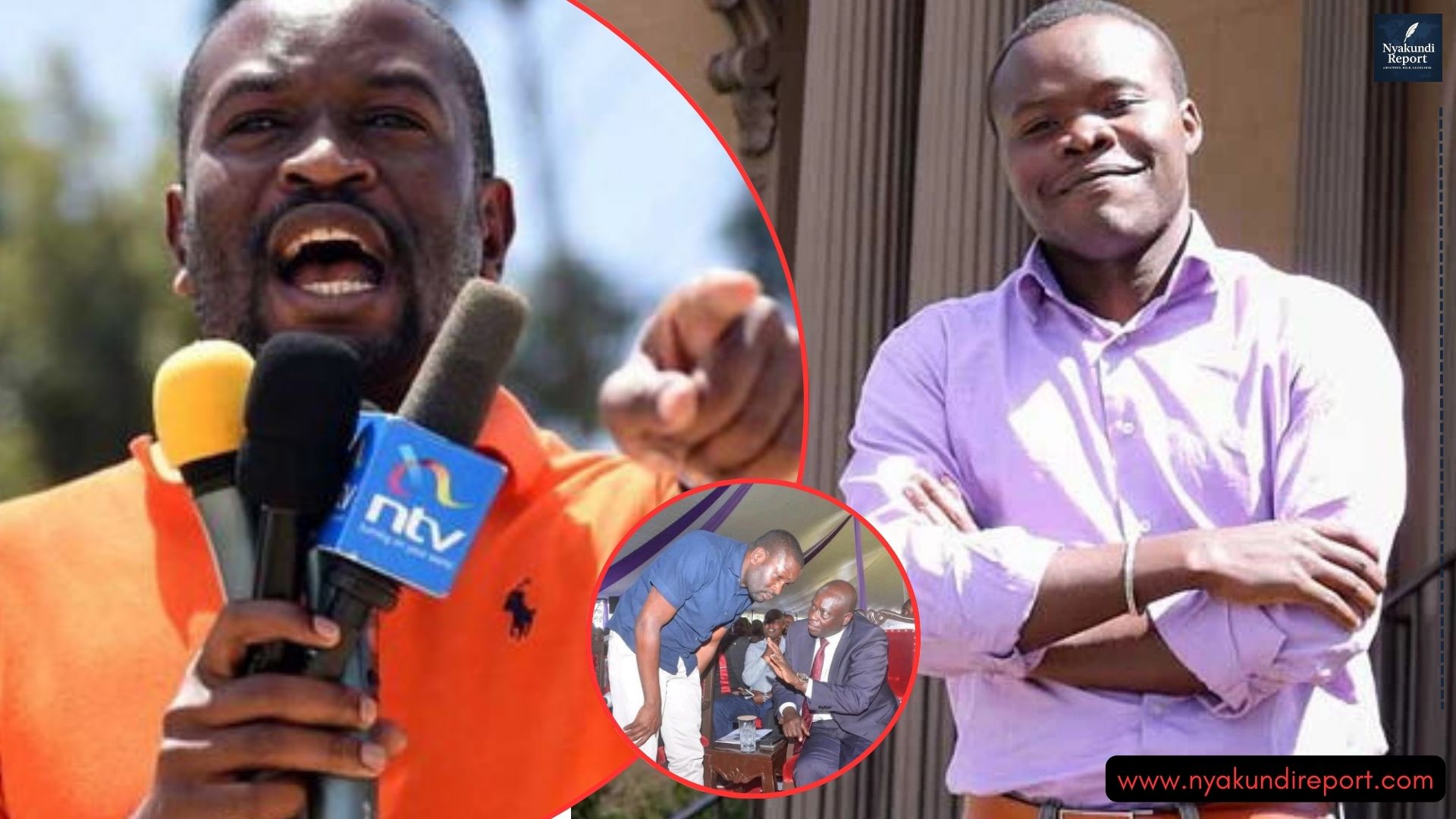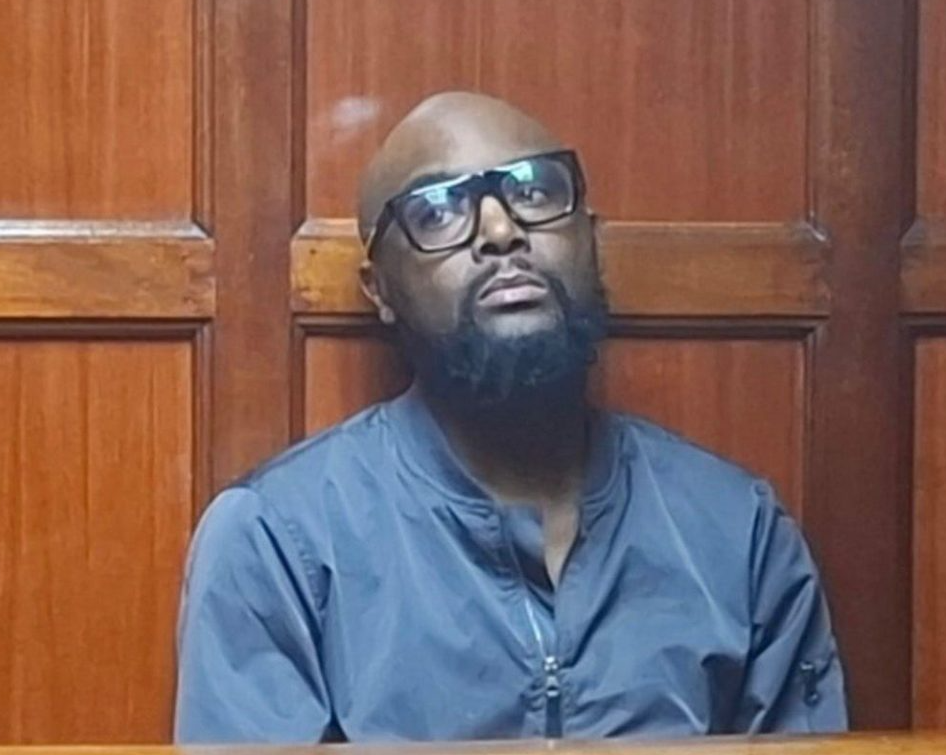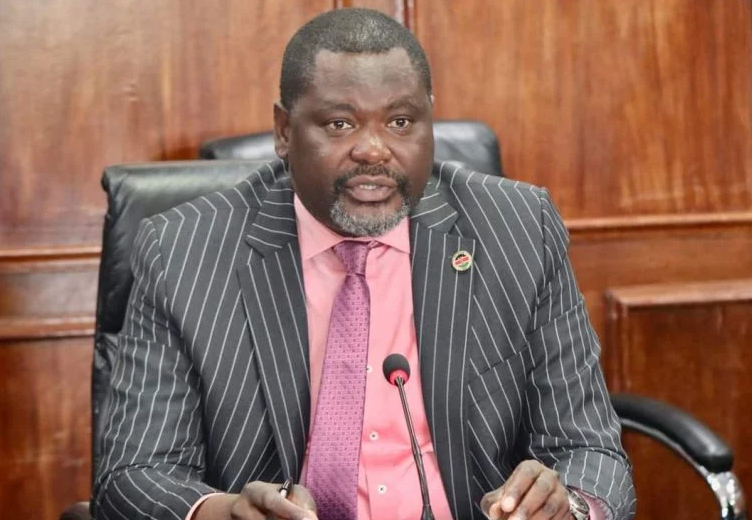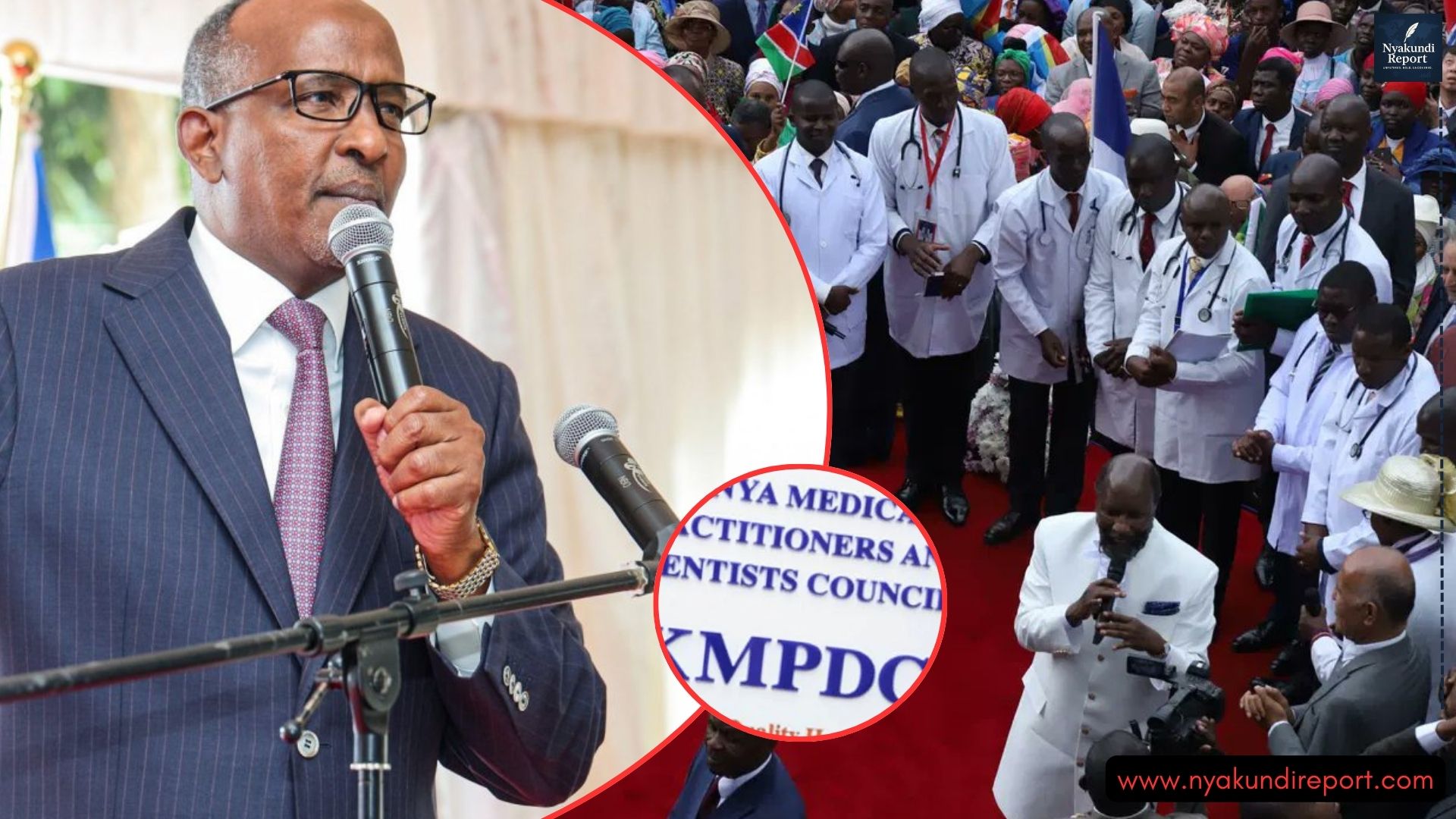Deputy Inspector General (DIG) of Police Eliud Lagat is walking free and allowed to resume office—despite the death of blogger and teacher Albert Ojwang happening under circumstances that clearly point to him.
Lagat had stepped aside after intense public pressure, but a fresh court ruling has cleared the path for his return.
Now, Kenyans are watching in disbelief as yet another high-ranking officer escapes scrutiny, even with his footprints all over a tragedy that continues to shake the country. Many are calling this a betrayal of justice.
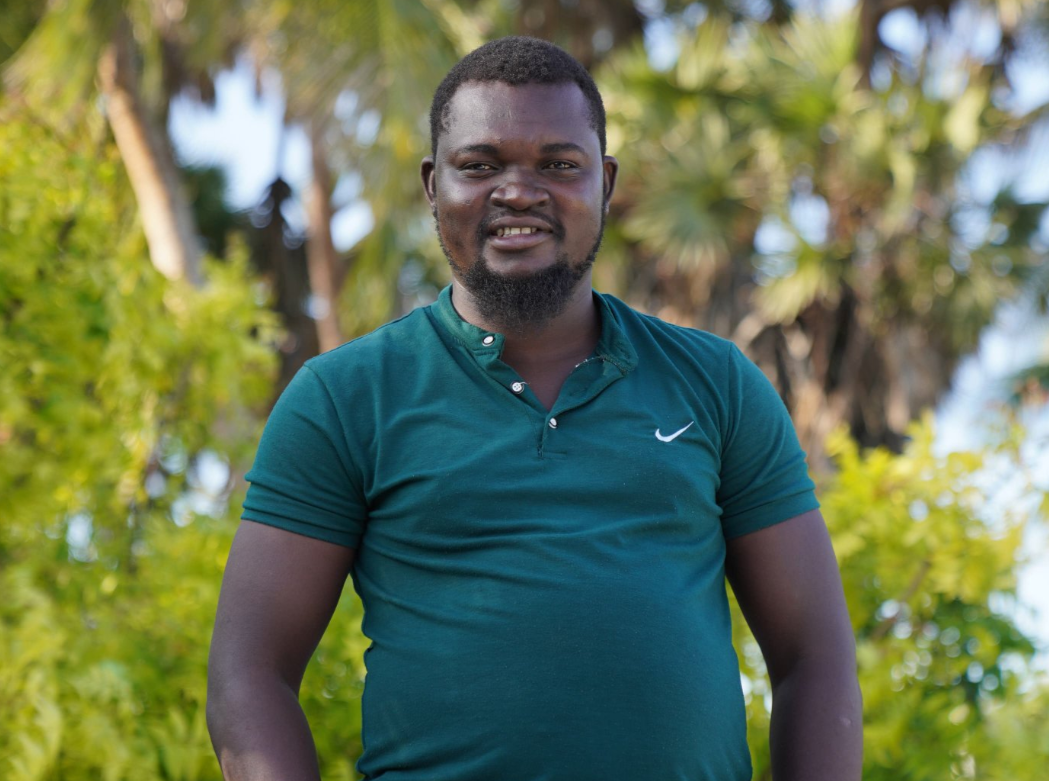
DIG Eliud Lagat Faces No Sanctions Despite Ojwang Death Link
The High Court on Wednesday, July 2, allowed the withdrawal of an application that had sought to block DIG Eliud Lagat from accessing his office or using any National Police Service facilities.
This move shocked observers and human rights advocates, who believe that Lagat still has questions to answer over the unexplained death of Ojwang in police custody. Justice Diana Kavedza ruled that the request had been overtaken by events and thus allowed it to be withdrawn.
“The application is withdrawn as prayed,” she said, before setting July 10 as the mention date for directions on the main petition.
Lawyer Ndegwa Njiru, representing the petitioner, said his client would now move to amend the original petition. This could pave the way for broader questions to be raised about how such a death occurred after Lagat personally filed the complaint that led to Ojwang’s arrest.
How It All Began
Ojwang, a blogger and teacher, was arrested in early June after allegedly publishing defamatory statements about DIG Lagat on social media. According to Inspector General of Police Douglas Kanja, Lagat had lodged a formal complaint that triggered the arrest.
What followed was nothing short of horrifying.
Ojwang was held in police custody and later found with serious injuries. He died shortly afterward, prompting widespread public anger and condemnation from rights groups.
Facing heat from the media and civil society, Lagat temporarily stepped aside on June 16. But with Wednesday’s court decision, he is now free to return to work.
Human rights defenders say this sets a dangerous precedent.
Arrests Made But Questions Remain
Six police officers have already been charged with Ojwang’s murder. Among them are Central Police Station OCS Samson Talam and a junior officer named Mukwana.
Yet, the focus remains squarely on DIG Lagat. As the man whose complaint directly led to Ojwang’s arrest, many believe he holds moral and administrative responsibility for what followed.
The fact that Lagat can simply walk back into office while others carry the legal burden has been described as a stain on Kenya’s justice system.
“It’s hard to believe Lagat didn’t know what would happen to Ojwang once he was in police hands,” said a human rights activist who asked not to be named. “The timing, the sequence of events—it all smells rotten.”
A Family’s Pain and a Nation’s Disappointment
As DIG Lagat prepares to return to duty, the family of Ojwang is still burying their son. A requiem mass was held on July 2, the same day the court freed Lagat to resume his duties.
The family is shattered. During the service, Ojwang’s mother cried out for justice. His father, visibly shaken, vowed to keep fighting until those responsible are fully held to account.
Many Kenyans share the same feeling. On social media, the phrase “#JusticeForOjwang” continues to trend. People are outraged that the man whose actions sparked the arrest and death of a young teacher is now walking free with state protection.
A Pattern of Impunity?
This is not the first time police officers in Kenya have been linked to brutality, cover-ups, and delayed justice. What makes this case especially painful is the visibility of the trail.
Lagat complained. Ojwang was arrested. Ojwang died. Officers under Lagat’s command have been charged. And yet Lagat walks away untouched.
“The system is broken,” one Twitter user posted. “If Lagat can go back to work, we’ve learned nothing.”
As the case returns to court on July 10, all eyes will be on how the amended petition unfolds. But for now, DIG Eliud Lagat appears to have won this round—at the expense of a grieving family, a silenced voice, and a justice system that seems unwilling to confront power.



